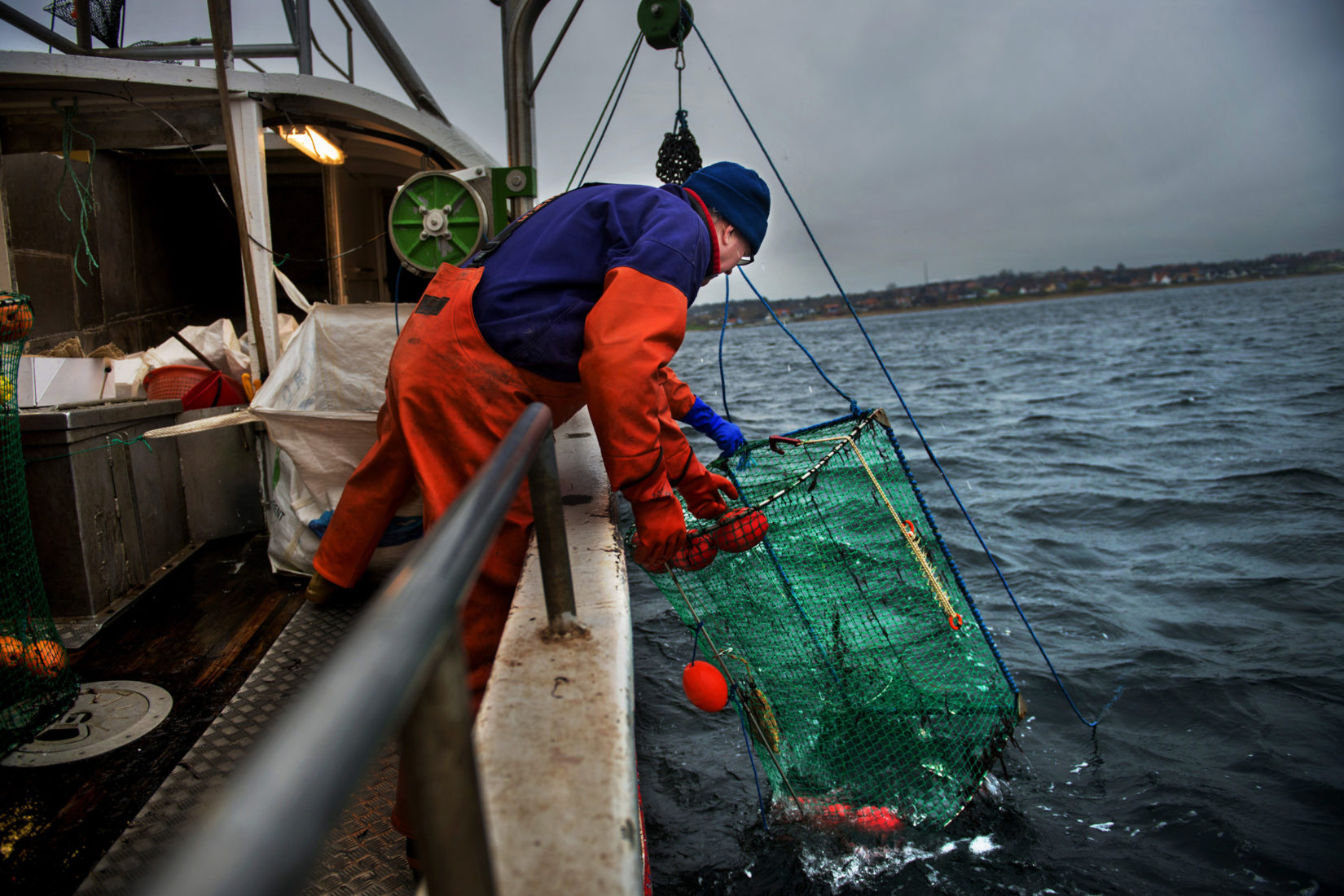In just a few years, the round goby fish, originally from the Black Sea, has established itself in the Baltic Sea. Susanna Minnhagen, marine biologist in Kalmar, in the south of Sweden, and project manager for the Goby fishing project, tells about a big invasion around Kalmar in 2018.
– Fishermen got their nets filled with round goby and later when it got warmer the fish died. We had to clean it up. As a marine biologist, I have never seen anything like it.
This new species in the Baltic Sea poses a threat to fish life.
– It can destroy the mussel reefs, which are important for other fish species, says Susanna Minnhagen. Also, it eats other fish’s roe.
In other parts of the Baltic Sea, the fish has been around considerably longer. In Latvian waters, the round goby was discovered in 2004, and since then the population has grown a lot, says Ligita Kokaine, who works for the Kurzeme region in Latvia.
But in Latvia, fishing of round goby has now become an important source of income for the local fishing industry.
– In Latvia, the fish are cleaned and exported frozen to countries around the Black Sea. Smaller quantities are smoked and sold in local markets, says Ligita Kokaine.
The Goby fishing project is run by stakeholders in Sweden, Latvia, Poland and Denmark. Among other things, they want to encourage local fishing of the species.
– The fish will remain in the Baltic Sea, we must learn to live with it and find ways to push back the goby fish so that it does not take over. We try to see the benefits and opportunities. We would like more people to start eating goby fish, says Susanna Minnhagen.
– After the discussions that we had in the project, we are now looking at possibilities for the municipality to buy and use round goby, the same way that our region buys wild boar meat.
Exactly how the round goby should be handled needs to be discussed and the international project is therefore welcome, says Ligita Kokaine.
– All countries around the Baltic Sea have different experiences of handling the round goby, but the trend is pretty much the same in all countries – populations of this invasive species are increasing. We all need to deal with and find solutions to the problem. The interest from Latvian parties to participate in the project have been great and the meetings have so far been rewarding.
Facts
The project Goby fishing is funded by SI through the funding scheme “Seed funding for cooperation projects in the Baltic Sea region”.
SI provides funding for joint projects in which organisations based in Sweden can start and expand collaborations to meet transnational challenges together with organisations from the Baltic Sea region countries including Russia and the countries of the EU Eastern Partnership.
